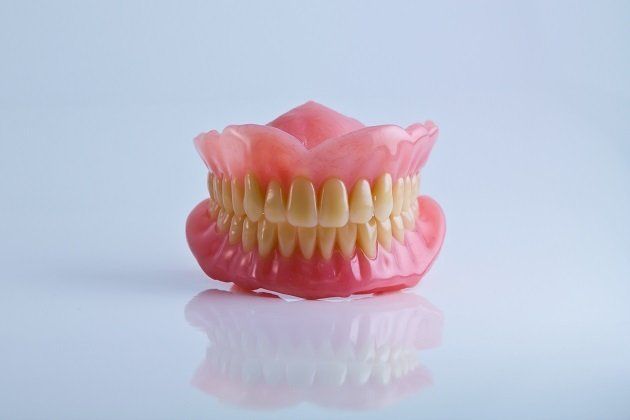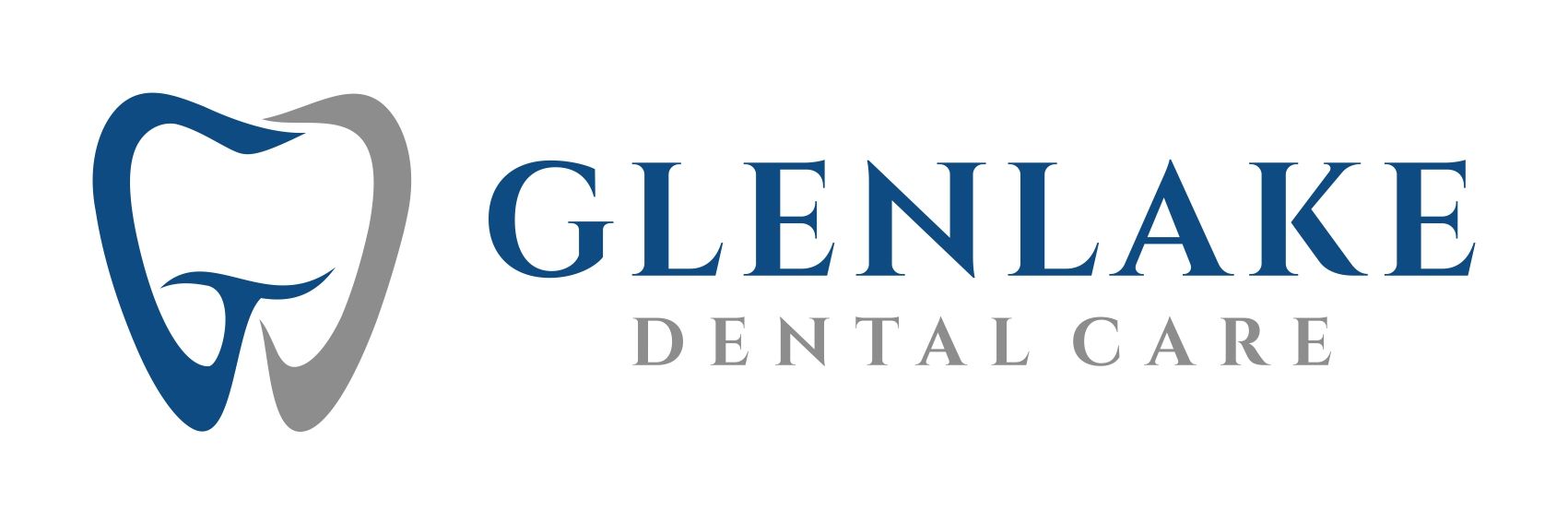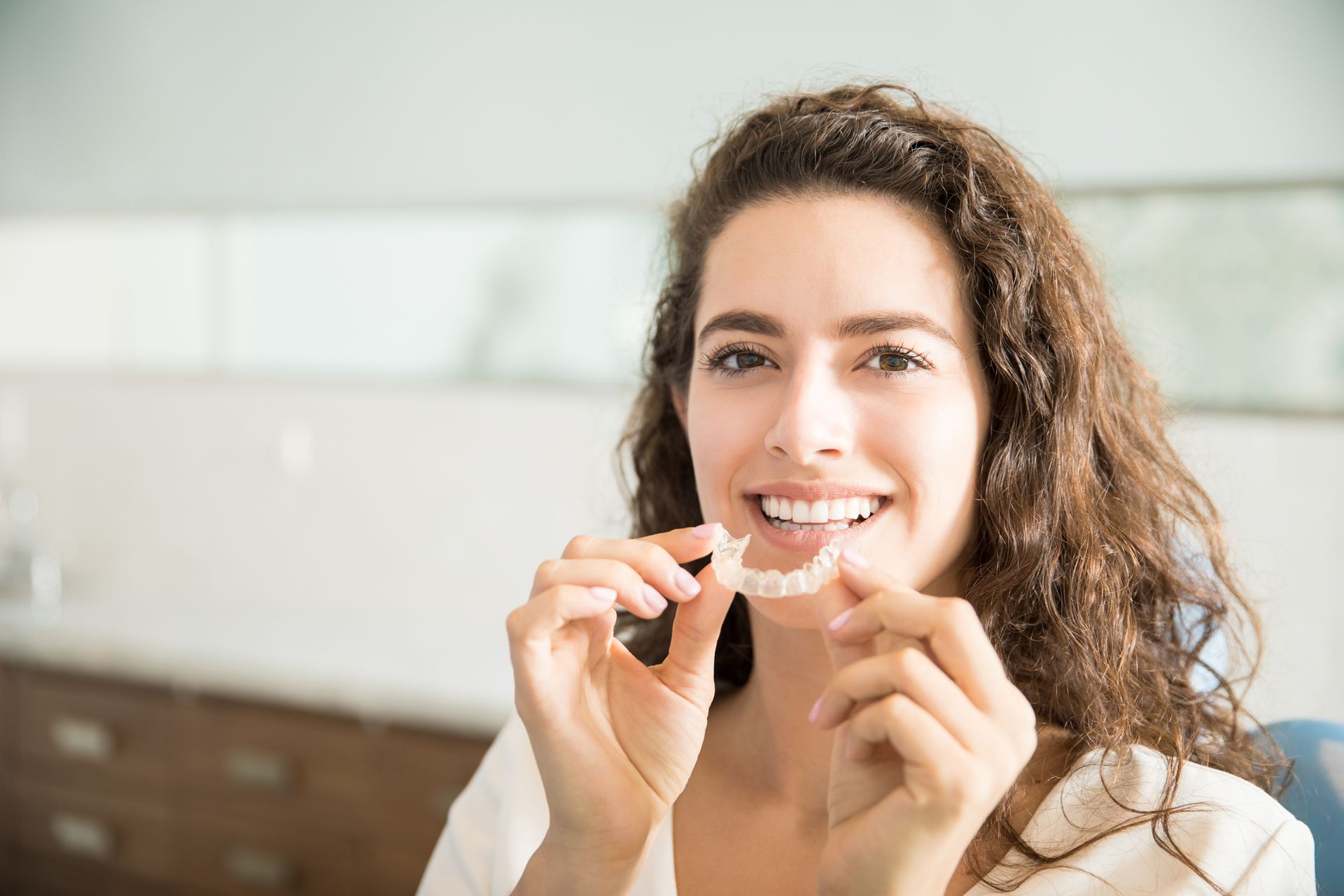Everything You Need To Know About Dental Bridges

It is hard to smile and claim a healthy set of teeth when you have missing teeth. Considering getting a dental bridge for a teeth gap in the mouth due to injury or extensive tooth decay is one of the best decisions you can make for your dental health.
Dental bridges have proven effective treatment options for people with a missing tooth. So, you must learn everything you need to know about
dental bridges. This will help you confirm whether or not it is the best treatment option you should opt for.
What Is a Dental Bridge?
A dental bridge is a dental device with one or more artificial teeth – created with porcelain or resin - and is commonly used to replace missing natural teeth. It is also known as a partial denture, filler, or false teeth and it is linked connected to crowns that anchor the bridge to natural teeth.
The crown must cover more teeth to ensure the teeth are secure and the artificial teeth are properly held in place. In the absence of natural teeth, your dentist may suggest implanting teeth on either side. This will help to hold the bridge in place.
Apart from the standard dental bridges, there are also Implant Bridge, Maryland bridges, and cantilever bridges. You can work with your dentist to figure out the style of the bridge that will suit your dental needs best.
How Do You Care For Dental Bridges?
Caring for and maintaining dental crowns and bridges is like how people care for their regular teeth. After the dental bridge placement, brush your teeth thrice a day and floss once. That way, you will prevent tooth decay around the dental bridge and other teeth. Brushing and flossing regularly helps to prevent disease in the gum.
It is also advisable that you pay a regular visit to your
dentist Glenview. The purpose of this is to check for arising problems, and you can also get your teeth cleaned professionally. Cleaning your teeth professionally can help you eliminate plaque and tartar that regular flossing and brushing couldn’t remove.
How Many Teeth Can You Have On A Bridge?
Different situations can determine the number of teeth one can have on a bridge. There are some factors involved. These include your build, the state of the neighboring teeth, your age, and your bite, among others. It is advisable only to have one false tooth if you want a higher chance of success and bigger spans are possible with conventional bridges.
Which Teeth Can You Replace With A Bridge?
A bridge can replace any teeth, and it is easier to replace the front teeth using this method.
How Long Do Bridges On Teeth Last?
Dental bridges are strong, and under the right circumstance, they can last as long as their decades if they are well constructed. It is not easy to be more specific about how long bridges on teeth last because each situation determines the survival rates. However, you can get a more accurate answer after you are assessed. Some bridges will not make it up to a year with poor planning.
Cleaning A Fixed Dental Bridge?
If both of your teeth have the bridge joined on either side, it will be impossible for you to floss between them. In this situation, you will need a super floss or tepe brush to clean underneath the bridge.
You will only be able to use floss if one end of the bridge is secure; by using the floss to clean all areas underneath the bridge. The recommendation here is that you should frequently visit a hygienist. This is a good way to main your bridges and make sure they last.
Is Dental Bridge A Permanent Solution
A quality dental bridge that is well maintained can last 30 years. Habits such as eating hard foods like hard candies, nuts, and ice or chewing gum should be avoided because they can result in unnecessary damage to your dental bridge.
Regularly visiting
your dentist and observing excellent oral hygiene will help you keep a long-lasting, clean and comfortable dental bridge. However, as lasting as a dental bridge could be, it can’t be considered a permanent solution for treating missing teeth.
Is there an alternative Option for Dental Bridge?
Unlike a dental bridge, a permanent solution would be getting
dental implants to replace missing teeth, and the product comes with fewer limitations. A high-quality dental implant does not place as many burdens as dental bridges on the surrounding teeth, and it can last for a lifetime.
Do you think the crown or bridge is right for you? Contact a dentist in the Glenlake Dental Care in Glenview, Illinois for more information. Call (847) 892-4696 today.










